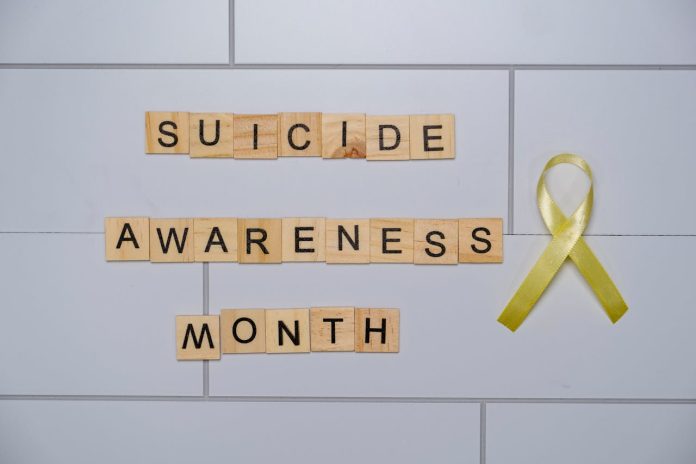Image Credit
Every year on September 10th, the world pauses to mark World Suicide Prevention Day. The hashtags, the candlelight vigils, and the public statements of solidarity are a necessary reminder that suicide is not just a personal tragedy but a public health crisis. Yet, as the day fades, so too does the urgency. For far too many, the promise of prevention still feels like a hollow phrase.
Kenya’s move last year to decriminalise attempted suicide, removing it from the Penal Code last year, was a significant step. For decades, those who survived suicide attempts faced the very real possibility of arrest and prosecution, as though despair were a crime rather than a call for help. Decriminalisation was necessary, but it is far from sufficient. Without a robust mental health support system, the people most in need remain just as isolated as before, only now with one less legal burden.
Consider the numbers: the World Health Organization estimates that one in every four people in the world will experience a mental health condition in their lifetime, while in Kenya the suicide rate is estimated at 11 in 100,000 people, which translates to about four suicide deaths per day.
Suicide remains among the leading causes of death for young people globally, and in Kenya, youth face challenges including staggering unemployment, economic precarity, and the pressures of family and societal expectations. Yet the government allocates less than 1 percent of the national health budget to mental health. Psychiatrists are few, counselling services are uneven, and in rural areas, help is virtually nonexistent.
This gap between recognition and response is not unique to Kenya. Across much of the Global South, mental health is persistently underfunded, dismissed as secondary to “more urgent” health issues like malaria or HIV. But suicide prevention is not a luxury. It is a measure of whether a society is willing to care for its most vulnerable, not just in moments of crisis but consistently, across systems of health, education, and justice.
Too often, suicide prevention campaigns rely on slogans about “reaching out” or “checking in.” While important, these place the burden of survival squarely on individuals and their immediate circles, ignoring the structural failings that drive despair in the first place. How does one “reach out” when affordable therapy sessions cost more than most people earn in a day? How does one “open up” in a culture where stigma turns vulnerability into a source of shame?
We need a reframing. Suicide prevention is not only about saving lives in the moment of crisis; it is about creating conditions in which people want to live. That means investing in school-based mental health programs, training primary care doctors to recognize signs of depression and trauma, and funding community-based initiatives that meet people where they are. It means recognizing the unique burdens women, and marginalised communities face, and tailoring support to address them.
The truth is that mental health conversations often remain confined to urban, educated elites. In villages, in overcrowded estates, in refugee camps, silence still reigns. To break it requires more than lip service. We must normalise conversations about pain, grief, and hopelessness, not as weaknesses but as part of being human. We must create platforms where young people in particular can speak about the pressures of a digital, precarious world without fear of being mocked or punished.
Decriminalisation is a first step. The hard work lies in ensuring that those who struggle are met not with judgment or neglect, but with care. It lies in demanding that governments put money where their rhetoric is. It lies in acknowledging that until mental health is treated as essential to overall health, suicide prevention will remain an empty slogan. In Kenya, it lies in fully implementing policy such as the Suicide Prevention Strategy.
On this World Suicide Prevention Day, let us resist the urge to simply light candles and move on. Survival is not enough. We must build societies where people can live fully, not just endure. Anything less is an abdication of our collective responsibility.








